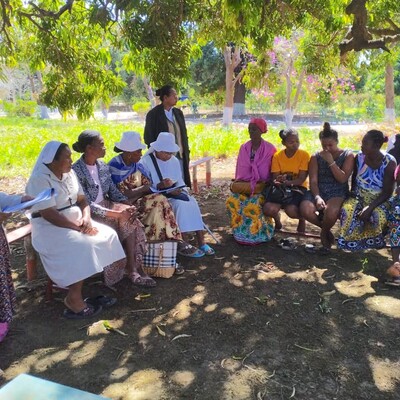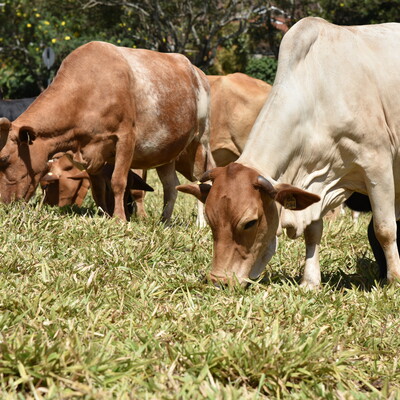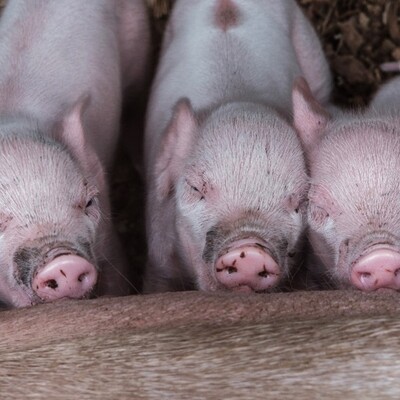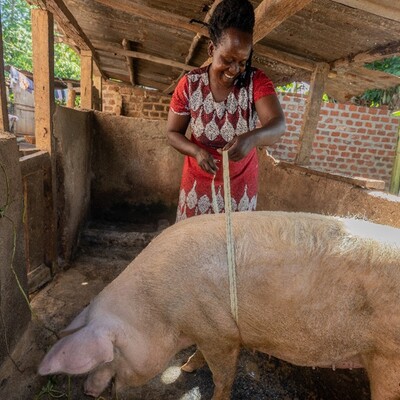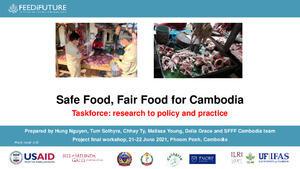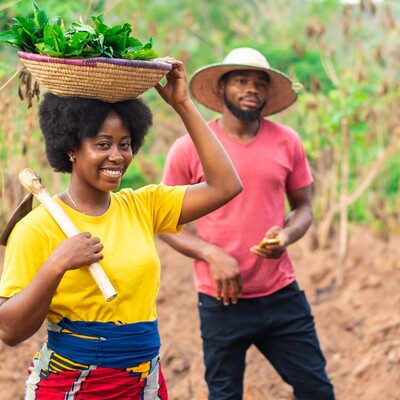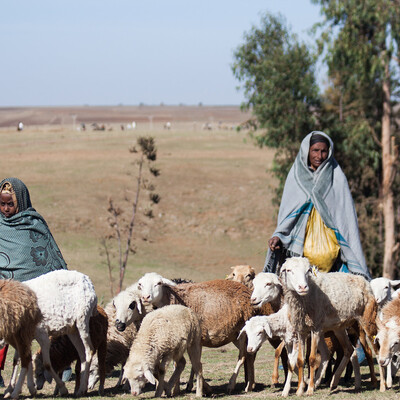

Addressing gendered constraints to women’s empowerment and restrictive gender norms: The case of engaging women and men in pig-related business activities in Uganda
The CGIAR Initiative on Sustainable Animal Productivity for Livelihoods, Nutrition, and Gender Inclusion (SAPLING) is a crucial effort aimed at enhancing sustainable animal productivity and promoting gender inclusion. Work package three of this initiative focuses on generating evidence on best practices and approaches to empower women and youth through livestock development.
Gender accommodative approaches (GAA) and gender transformative approaches (GTA) have been used to support women’s empowerment over the years. GAA recognizes gender constraints but seeks to work ‘around’ these constraints to engage women rather than challenging the barriers that limit women’s participation in or capacities to derive benefits from value chains. On the other hand, GTA aims to engage with and reduce or overcome gender-based constraints, not merely work around them, according to the Interagency Gender Working Group report of 2017[1]. In essence, GAA focuses on adapting to existing gender norms, while GTA aims to change these norms.
In Uganda, gender studies were conducted in 2021 and 2023 to explore the status of women’s empowerment as well as social and gender norms around women’s engagement in pig-related production and businesses. This study utilized the Women Empowerment in Livestock Index (WELI) for livestock producers and the Women Empowerment in Livestock Business Index (WELBI) for women in livestock business beyond production. Designed to measure the level of empowerment and the specific areas where women in the livestock sector face challenges, these indices were used in conjunction with the gender norms exploration tool.
The exploration uncovered gaps in the status of women’s empowerment and key gendered constraints contributing to these gaps in Mukono and Masaka districts, men were more empowered than women. Several restrictive gender norms to women’s engagement in both pig production and pig related businesses were also uncovered.
In 2024, through SAPLING, the International Livestock Research Institute (ILRI) engaged with stakeholders drawn from both the public and private sectors and non-governmental organizations (NGOs) working with livestock communities from the two intervention districts. The engagement aimed to validate the constraints to women’s empowerment and restrictive norms faced by women pig farmers and agripreneurs in pig-related production and business activities. Interventions to address the constraints and restrictive norms were also identified.
During the validation of findings from the research exploration, it was highlighted that women farmers and agripreneurs in pig-related businesses lacked confidence. Women farmers (and pig farmers generally) felt cheated by pig traders because they could not estimate the weights of their pigs. Women in non-feminine tasks, such as pig AI service providers and aggregators, were seen as engaging in activities considered taboo and were, therefore, not respected within the community. They were sometimes offered very low prices for their services and lacked the confidence to bargain upwards.
Following the stakeholders' engagement at the district level, Ripple Effect, an NGO based in Uganda, was identified to support the implementation of interventions to alleviate gendered selected constraints to women’s empowerment and restrictive norms in pig-related production and business activities.
Gender accommodative interventions: Opportunities for engaging women and men
Following community validation workshops, a set of interventions was selected to address the constraints that women in pig-related production and businesses face. These workshops were crucial in involving stakeholders and making them feel integral to the process. Women pig farmers, needed more confidence in bargaining for higher prices and the means to estimate the weight of their pigs. Women agripreneurs pointed out that they needed more confidence in bargaining for payment after providing services.
Women pig farmers selected for the interventions were engaged in farmer groups that had either women only or a mix of men and women members. From each of the target groups, only women farmers were taken through confidence-building sessions although each group member was given a pig weigh band. Both men and women pig farmers could use the weigh bands and bargain for prices commensurate with the weights of their pigs, which were often much higher than what pig traders offered when farmers were ignorant of the weights of their pigs.
ILRI together with Makerere University trained both men and women animal health workers in technics of AI service provision. Pig AI has been a relatively new technology, and while its cost remains high, its demand has been very low in the communities. Both men and women providers of pig AI services, therefore, face a limited market for their services, although demand for these services from women has been even lower given the traditional gender norms classified this as an activity exclusively for men.
The gender intervention provided confidence-building sessions to women providers of AI services, equipping them with skills to bargain for higher pay. There was a further need to signal to the communities that the women were as well trained as the male service providers. Therefore, both men and women pig AI service providers were provided with branded lab coats and badges to signify that they had been trained and certified. This gender intervention was not just a symbolic gesture but a significant step in changing perceptions and empowering women in the community, as it helped to normalize the idea of women providing these services and to increase their visibility and recognition.
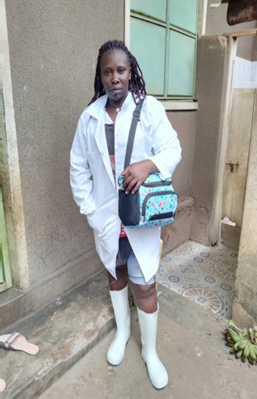
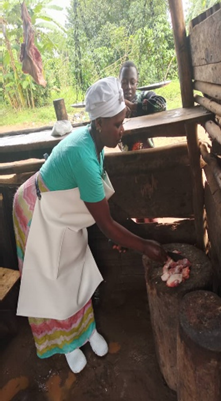
Local perceptions deemed it inappropriate for women to appear dirty, yet pig aggregation, particularly selling pork, results in blood-stained clothes. Women aggregators underwent confidence building so that they could also bargain for better remuneration for their work. They were additionally offered white butcher aprons, head wraps and boots to keep their clothes stain-free. The women aggregators were encouraged to wash and change these items frequently.
Gender transformative interventions: Radio talk shows and community conversations engaging both men and women
The stakeholder engagements also identified several transformative activities that addressed some of the gender norms that restricted women from engaging in and benefitting from livestock-related enterprises.
The radio talk shows and community dialogues were used to sensitize selected communities on the presence of well-trained women AI service providers, pig aggregators and large-scale pig farmers. Three radio talk shows were held at two major radio stations whose reach includes the target communities in Mukono and Masaka.
The communities were mobilized to listen in and call in with their questions and contributions to the on-air discussions. During the radio talk shows, a panel comprising a gender officer from Ripple Effect, the district community development officer (CDO), a supportive male (to women in targeted non-feminine tasks) and women in the selected non-feminine tasks was hosted on-air. The gender officer introduced the interventions, SAPLING and ILRI work in Uganda, The district community development officer (CDO) spoke about gender norms, and their effect on women in pig-related businesses and the role of all stakeholders in supporting these women. The women who were engaged in non-feminine tasks shared their experiences and challenges while the supportive male shared the ways in which he supports his wife or female relative to engage in tasks considered non-feminine, reasons why he did so, and called on other men to do likewise.
‘People in the community think women cannot inseminate, yet they go through the same syllabus as their male counterparts. A woman trained in in the community is an example of how women can do what men do,’ said , government official Masaka
Women engaged in large-scale pig farming, artificial pig insemination and pig aggregation also joined the panel as role models, sharing their experiences in traditionally non-feminine roles.
‘Butcher women are disrespected in the community but the business is profitable and these women boost family income,’ a woman pig farmer and aggregator, from Masaka said.
‘My wife rears pigs in large numbers and I help her look for market. When I travel, I bring her feeds. When a woman earns an income, her husband is relieved financially; an empowered woman is a responsible woman. A home without money is unhappy. Piggery projects are family enterprises. Children also emulate their parents,’ said local leader and supportive man in Masaka.
Ripple Effect also organized community dialogues, in-person meetings comprising up to 50 diverse community members. During these sessions, parts of the recordings from the radio talk shows were used to kick-start reflections in plenary. More homogenous subgroups were formed for conversations and reflections about women’s engagement in traditionally non-feminine activities in pig production and business. Within the groups, community members had the opportunity to reflect, ask questions, get responses and share experiences.
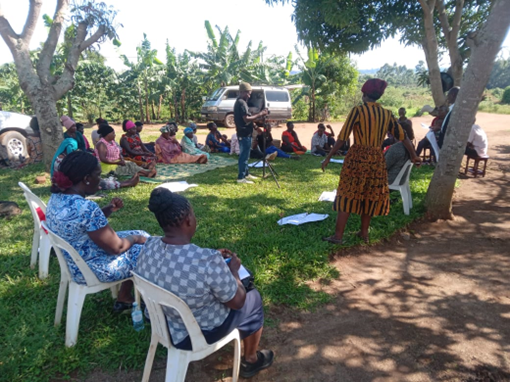
A selected member documented the engagements within the subgroups and key highlights were shared in plenary when the bigger group reconvened. The goal was to encourage acceptance and even support for women’s engagement within some of these emerging opportunities in pig-related enterprises in their communities and, therefore, reduce the severity of sanctions.
Following the implementation of the gender interventions, community reflection meetings were held with key stakeholders in Masaka and Mukono. During the reflection, case studies of successful women in pig-related businesses (women aggregators, AI service providers and pig farmers) were presented and conversations were held on the restrictive norms addressed.
Discussions highlighted that, unlike previously when it was unacceptable for women to engage in the provision of AI or pig aggregation, communities were becoming increasingly more accepting of women in these roles. Communities were also increasingly aware of the presence and potential of women and their contribution to family income from pig-related business activities. Men acknowledged that women who engaged in these businesses contributed to household income and supported basic needs, shelter improvement, education and household nutrition. Women were encouraged to be open with their husbands in order to reduce incidences of intimate partner violence within the households. Women also acknowledged that they needed men’s support, either morally or financially, in whatever enterprise they engaged in.
Community dialogues around restrictive gender norms were seen as an effective strategy to encourage open and harmonious discussions. Pig farmers and butcher operators were called upon to change their perception of pigs as dirty animals and to observe recommended biosecurity practices to minimize infections. A key challenge highlighted during the reflection meetings was the short implementation period and limited reach of the interventions.
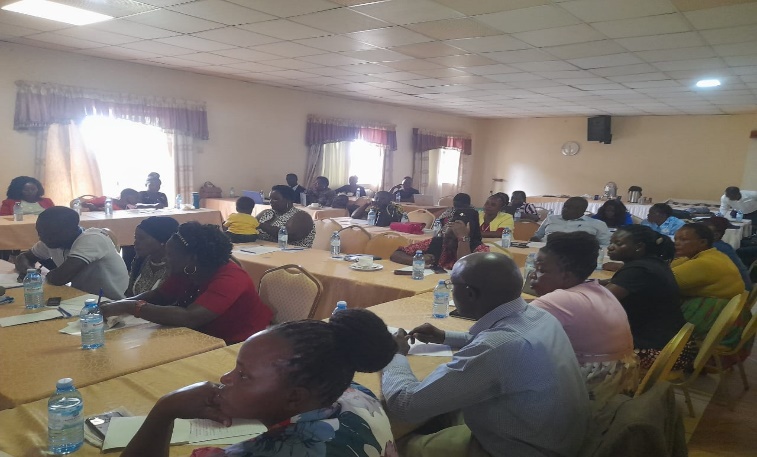
Although gendered constraints and restrictive norms often hinder women from participating and benefiting from the livestock sector, men are not immune to their effects either. Addressing such constraints also affects men and their relationships with women in different ways that are often difficult to anticipate. Therefore, implementing interventions to address constraints to women’s empowerment and restrictive norms calls for the engagement of both men and women. There is a need for flexibility, reflection, learning and engagement with key stakeholders to achieve the desired outcomes. Pilot testing such interventions will provide lessons on nuances needed to engage men and women for gender equity and social inclusion.
You may also like
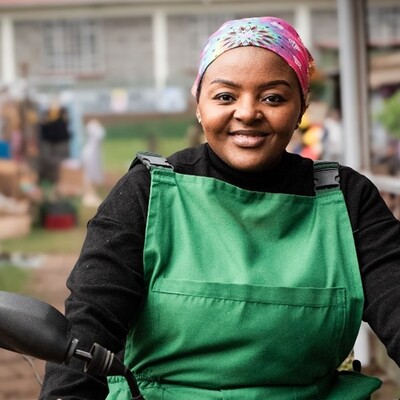
ILRI News
“Maisha Makutano”, Kenya’s new edutainment series, features ILRI’s gender and livestock research
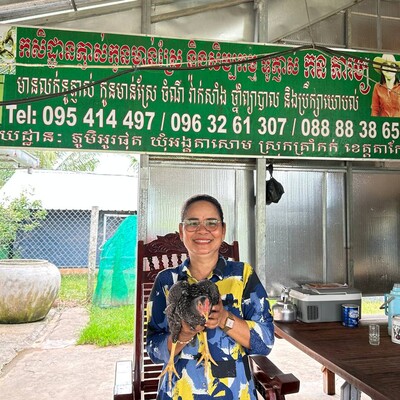
ILRI News
Improved indigenous chicken project boosting food security and livelihoods in Takeo Province, Cambodia
Related Publications

Harnessing community conversations for gender-responsive engagement in livestock management in Ethiopia: a methodological reflection
- Lemma, Mamusha
- Alemu, Biruk
- Knight-Jones, Theodore J.D.
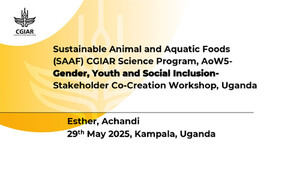
CGIAR Science Program on Sustainable Animal and Aquatic Foods : Gender, youth and social inclusion area of work
- Achandi, Esther L.

Effects of livestock related gender roles on pastoral children and their implication to RVF risk exposure
- Mutambo, Irene N.
- Bett, Bernard
- Bukachi, S.A.





